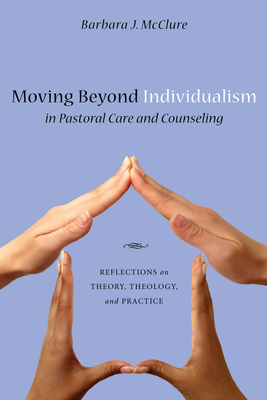Description: Despite astute critiques and available resources for alternative modes of thinking and practicing, individualism continues to be a dominating and constraining ideology in the field of pastoral psychotherapy and counseling. Philip Rieff was one of the first to highlight the negative implications of individualism in psychotherapeutic theories and practices. As heirs and often enthusiasts of the Freudian tradition of which Rieff and others are critical, pastoral theologians have felt the sting of his charge, and yet the empirical research that McClure presents shows that pastoral-counseling practitioners resist change. Their attempts to overcome an individualistic perspective have been limited and ineffective because individualism is embedded in the field's dominant theological and theoretical resources, practices, and organizational arrangements. Only a radical reappraisal of these will make possible pastoral counseling practices in a post-individualistic mode. McClure proposes several critical transformations: broadening and deepening the operative theologies used to guide the healing practice, expanding the role of the pastoral counselor, reimagining the operative anthropology, reclaiming sin and judgment, nuancing the particular against the individual, rethinking the ideal outcome of the practices, and reimagining the organizational structures that support the practices. Only this level of revisioning will enable this ministry of the church to move beyond its individualistic limitations and offer healing in more complex, effective, and socially adequate ways. Endorsements: ""There is simply no finer new scholar working in this field today. All readers will profit substantially from this work, since McClure's vision of an ecclesial mission committed to social transformation far exceeds the particular issues of pastoral counseling."" --Rodney J. Hunter Emory University ""Moving Beyond Individualism in Pastoral Care and Counseling is truly groundbreaking in its theological envisioning and analysis of the implications of social location for the structuring of pastoral care. Rarely is serious attention paid to the class implications of our ministries. On that issue Barbara McClure has set a very high standard for us all."" --Mary McClintock-Fulkerson Duke University ""In this lucid, critical, and constructive book Barbara McClure moves the whole debate about the nature and locus of appropriate pastoral care and counseling on to a new level of anal










